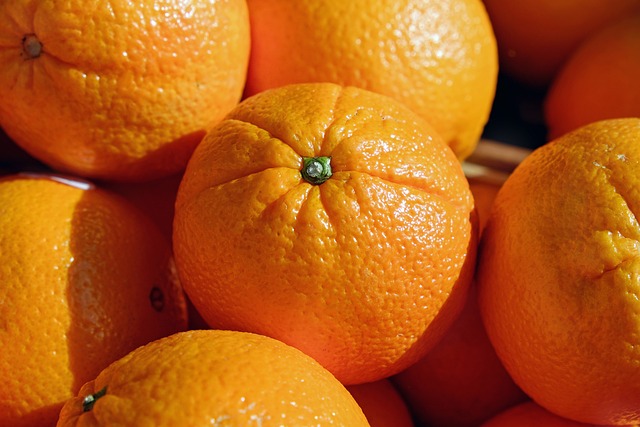Probiotics 101: The Ultimate Guide to a Happy and Healthy Gut
Probiotics have gained significant attention in recent years for their potential health benefits, particularly when it comes to promoting gut health. These live bacteria and yeasts can be found in certain foods and supplements and are believed to improve digestion, boost the immune system, and even enhance mental well-being. In this guide, we will explore the world of probiotics and learn what makes them so essential for a happy and healthy gut.
What are Probiotics?
Probiotics are live microorganisms that, when consumed in adequate amounts, provide health benefits to the host. These beneficial bacteria and yeasts help maintain a balanced and diverse gut microbiota, which plays a crucial role in various aspects of our well-being. While bacteria are often associated with illness, it’s important to note that our bodies host trillions of bacteria, both good and bad.
How Do Probiotics Work?
Probiotics work by colonizing the gut with beneficial bacteria. They can restore and maintain a healthy balance of microorganisms in the digestive system, thus promoting optimal gut function. They achieve this by outcompeting harmful bacteria, reducing inflammation, strengthening the gut lining, and aiding in the production of important nutrients.
Health Benefits of Probiotics
Probiotics have been linked to numerous health benefits, including:
- Improved digestion and nutrient absorption
- Enhanced immune function
- Reduced risk of gastrointestinal infections
- Relief from symptoms of irritable bowel syndrome (IBS)
- Prevention and management of antibiotic-associated diarrhea
- Lowered risk of certain allergies and intolerances
- Potential improvement of mental health conditions, such as depression and anxiety
Sources of Probiotics
Probiotics can be obtained from various food sources and supplements. Some of the best natural sources of probiotics include:
- Yogurt
- Kefir
- Sauerkraut
- Kombucha
- Kimchi
- Miso
- Tempeh
It’s worth noting that not all products containing live bacteria are necessarily a good source of probiotics. The strains, viability, and quantity of bacteria can vary between different products, so it’s important to choose quality sources and read labels carefully.
Introducing Probiotics into Your Diet
Adding probiotic-rich foods to your diet can be an excellent way to support your gut health. Consider incorporating foods like yogurt with live cultures, fermented vegetables, and other sources of probiotics into your meals. If you prefer a more convenient option or want to target specific health concerns, probiotic supplements are also available in various forms such as capsules, tablets, or powders.
Prebiotics: An Important Partner for Probiotics
To maximize the benefits of probiotics, it’s essential to nourish them with prebiotics. Prebiotics are specialized plant fibers that serve as food for probiotics, allowing them to thrive and multiply in the gut. Some common food sources of prebiotics include onions, garlic, bananas, oats, and asparagus. By combining prebiotic-rich foods with probiotics, you can create a harmonious environment in your gut for the beneficial bacteria to flourish.
Consult Your Healthcare Provider
While probiotics are generally safe for most individuals, it’s important to consult with your healthcare provider, especially if you have underlying health conditions or are taking medications. They can provide guidance on the right strains, dosages, and duration of probiotic use based on your individual needs.
Conclusion
Probiotics offer immense potential for







